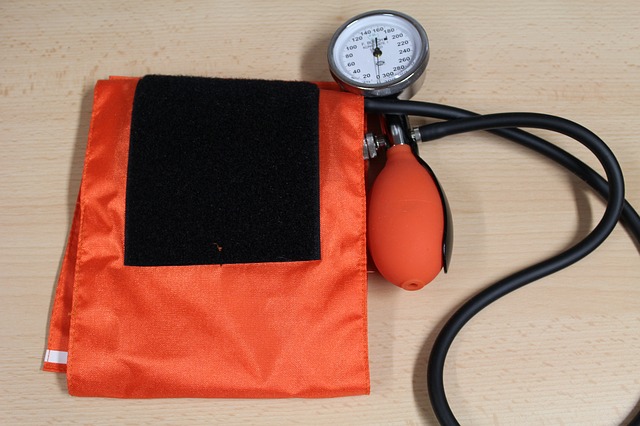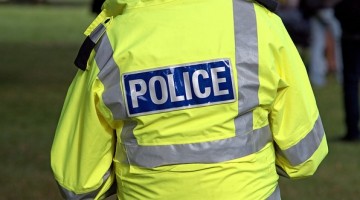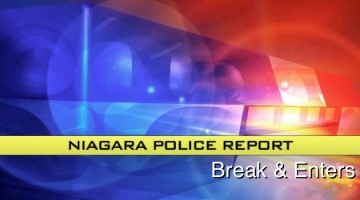Slow breathing and meditative practices such as yoga, and tai chi decrease stress hormones, which elevate renin, a kidney enzyme that raises blood pressure. Try 5 minutes in the morning and at night. Inhale deeply and expand your belly. Exhale and release all of your tension.
2. POWER Walk
Hypertensive patients who went for fitness walks at a brisk pace lowered pressure by almost 8 mmhg over 6 mmhg. Exercise helps the heart use oxygen more efficiently, so it doesn’t work as hard to pump blood. Get a vigorous cardio workout of at least 30 minutes on most days of the week. Try increasing speed or distance so you keep challenging your ticker.
3. Potatoes – Eat Them
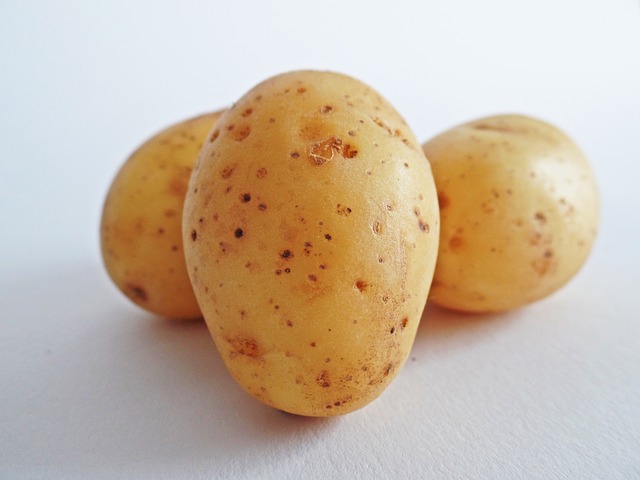
Loading up on potassium-rich fruits and vegetables is an important part of any blood pressure-lowering program, says Linda Van Horn, PhD, RD, professor of preventive medicine at Northwestern University Feinberg School of Medical. Aim for potassium levels of 2,000 to 4,000 mg a day, she says. Top sources of potassium-rich produce include sweet potatoes, tomatoes, orange juice, potatoes, bananas, kidney beans, peas, cantaloupe, honeydew melon, and dried fruits such as prunes and raisins.
4. Eat Dark Chocolate
Dark chocolate varieties contain flavanols that make blood vessels more elastic. In one study, 18% of patients who ate it every day saw blood pressure decrease. Have ½ ounce daily (make sure it contains at least 70% cocoa).
5. Less Salt
Certain groups of people—the elderly, African Americans, and those with a family history of high blood pressure—are more likely than others to have blood pressure that’s particularly salt (or sodium) sensitive. But because there’s no way to tell whether any one individual is sodium sensitive, everyone should lower his sodium intake according to doctors. 1,500 mg daily, about half the average North American intake is ideal. (Half a teaspoon of salt contains about 1,200 mg of sodium.) Cutting sodium means more than going easy on the saltshaker, which contributes just 15% of the sodium in the typical diet. Watch for sodium in processed foods because that’s where most of the sodium in your diet comes from. Season foods with spices, herbs, lemon, and salt-free seasoning blends.
6. Supplements
In a review of 12 studies, researchers found that coenzyme Q10 reduced blood pressure by up to 17 mmhg over 10 mmhg. The antioxidant, required for energy production, dilates blood vessels. Ask your doctor about taking a 60 to 100 mg supplement up to 3 times a day.
7. Drink (a little) alcohol
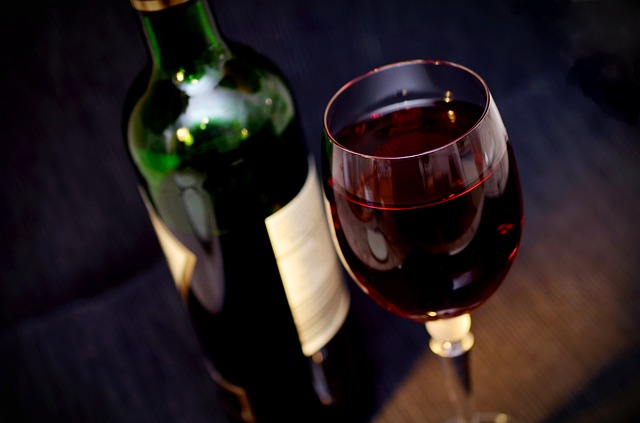 According to a review of 15 studies, the less you drink, the lower your blood pressure will drop—to a point. A study of women at Boston’s Brigham and Women’s Hospital, for example, found that light drinking (defined as one-quarter to one-half a drink per day for a woman) may actually reduce blood pressure more than no drinks per day. One “drink” is 12 ounces of beer, 5 ounces of wine, or 1.5 ounces of spirits. Other studies have also found that moderate drinking—up to one drink a day for a woman, two for a man—can lower risks of heart disease.
According to a review of 15 studies, the less you drink, the lower your blood pressure will drop—to a point. A study of women at Boston’s Brigham and Women’s Hospital, for example, found that light drinking (defined as one-quarter to one-half a drink per day for a woman) may actually reduce blood pressure more than no drinks per day. One “drink” is 12 ounces of beer, 5 ounces of wine, or 1.5 ounces of spirits. Other studies have also found that moderate drinking—up to one drink a day for a woman, two for a man—can lower risks of heart disease.
8. Coffee – Switch it to Decaf
Scientists have long debated the effects of caffeine on blood pressure. Some studies have shown no effect, but one from Duke University Medical Center found that caffeine consumption of 500 mg—roughly three 8-ounce cups of coffee—increased blood pressure by 4 mmhg, and that effect lasted until bedtime. For reference, 8 ounces of drip coffee contain 100 to 125 mg; the same amount of tea, 50 mg; an equal quantity of cola, about 40 mg. Caffeine can raise blood pressure by tightening blood vessels and by magnifying the effects of stress.When you’re under stress, your heart starts pumping a lot more blood, boosting blood pressure and caffeine can exaggerate that effect.
9. Tea Time
Lowering high blood pressure is as easy as one, two, tea: Study participants who sipped 3 cups of a hibiscus tea daily lowered systolic blood pressure by 7 points in 6 weeks on average, say researchers from Tufts University—results on par with many prescription medications. Those who received a placebo drink improved their reading by only 1 point. The phytochemicals in hibiscus are probably responsible for the large reduction in high blood pressure, say the study authors. Many herbal teas contain hibiscus; look for blends that list it near the top of the chart of ingredients—this often indicates a higher concentration per serving.
10. Moderate Work Schedule
Putting in more than 41 hours per week at the office raises your risk of hypertension by 15%, according to a University of California, Irvine, study of 24,205 California residents. Overtime makes it hard to exercise and eat healthy and it may be difficult to clock out super early in today’s tough economic times, but try to leave at a decent hour—so you can go to the gym or cook a healthy meal—as often as possible.
11. Get Your Groove on With Tunes…
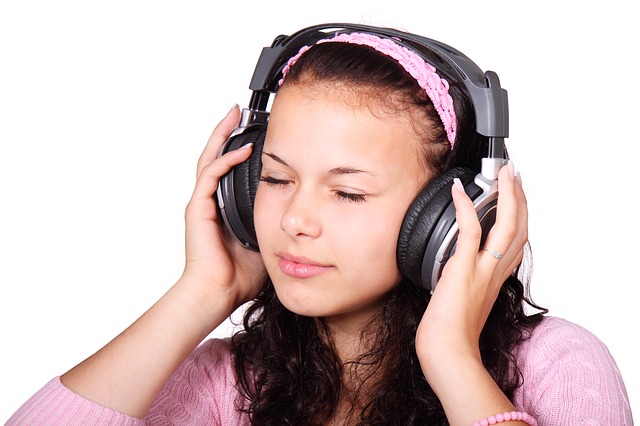
Need to bring down your blood pressure a bit more than medication or lifestyle changes can do alone? The right tunes can help, according to researchers at the University of Florence in Italy. They asked 28 adults who were already taking hypertension pills to listen to soothing classical, Celtic, or Indian music for 30 minutes daily while breathing slowly. After a week, the listeners had lowered their average systolic reading by 3.2 points; a month later, readings were down 4.4 points.
12. Snore Less
Loud, incessant snores are one of the main symptoms of obstructive sleep apnea (OSA). University of Alabama researchers found that many sleep apnea sufferers also had high levels of aldosterone, a hormone that can boost blood pressure. In fact, it’s estimated that half of all people with sleep apnea have high blood pressure. If you have sleep apnea, you may experience many brief yet potentially life-threatening interruptions in your breathing while you sleep. In addition to loud snoring, excessive daytime tiredness and early morning headaches are also good clues. If you have high blood pressure, ask your doctor if OSA could be behind it; treating sleep apnea may lower aldosterone levels and improve BP.
13. Soy
A study from Circulation: Journal of the American Heart Association found for the first time that replacing some of the refined carbohydrates in your diet with foods high in soy or milk protein, such as low-fat dairy, can bring down systolic blood pressure if you have hypertension or prehypertension.
14. Keep Weight Under Control
By keeping your body weight within healthy limits combined with all the ideas above, you are well on your way to LOWERING your blood pressure naturally!
SOURCE: Prevention.com
To receive similar content, “Like” us on Facebook @ https://www.facebook.com/niagarabuzz.ca






